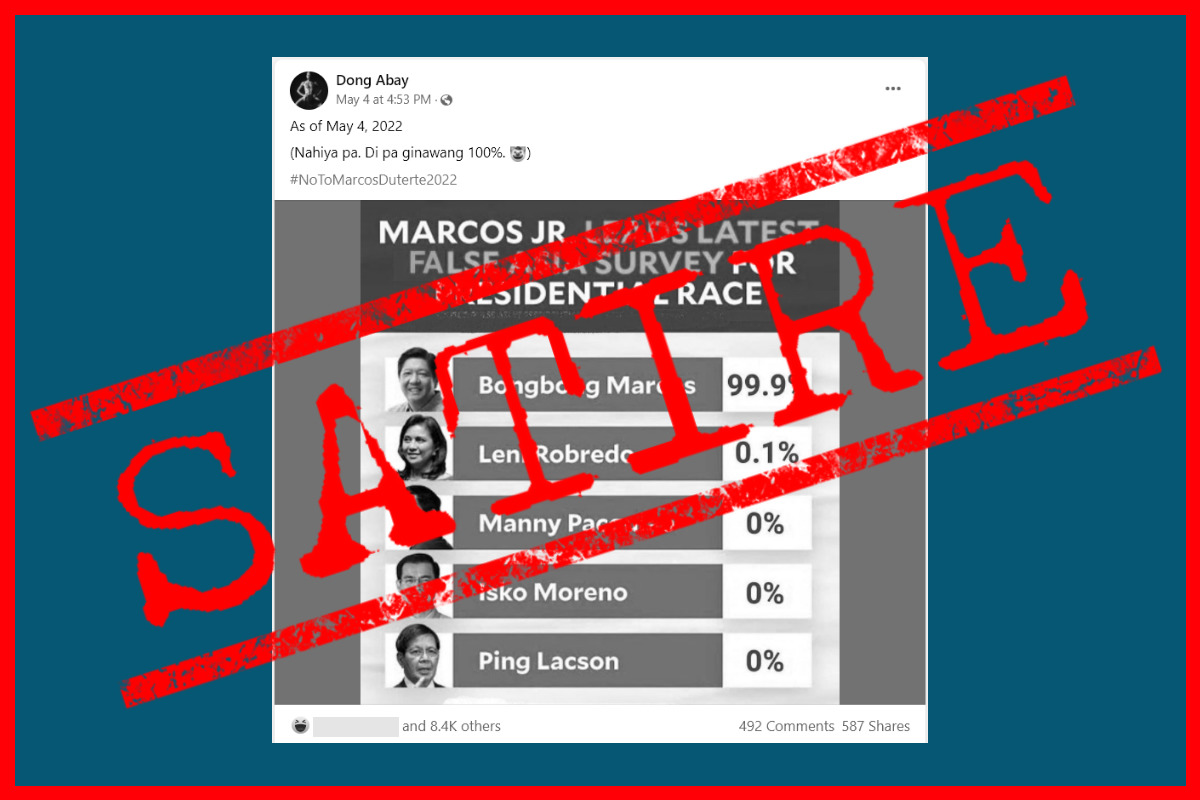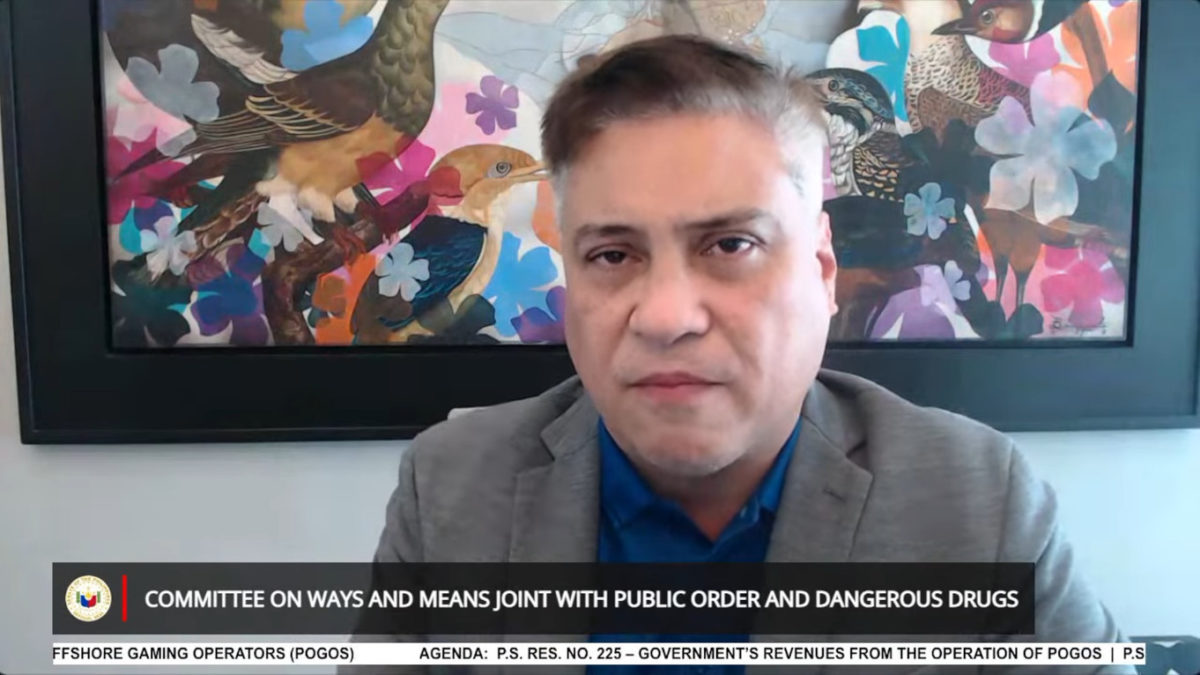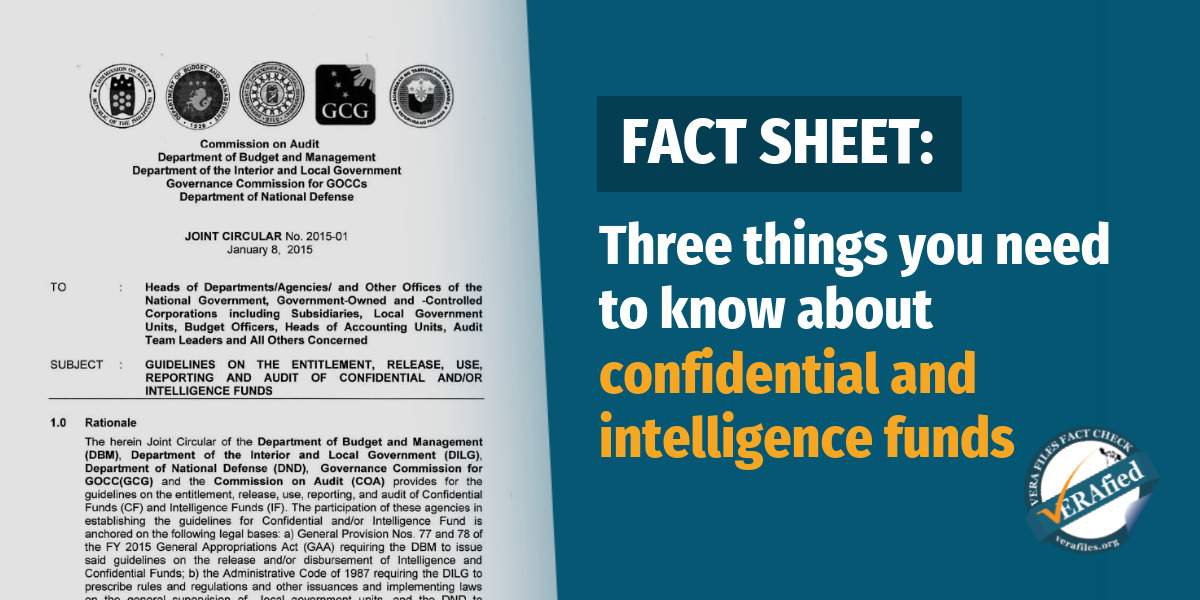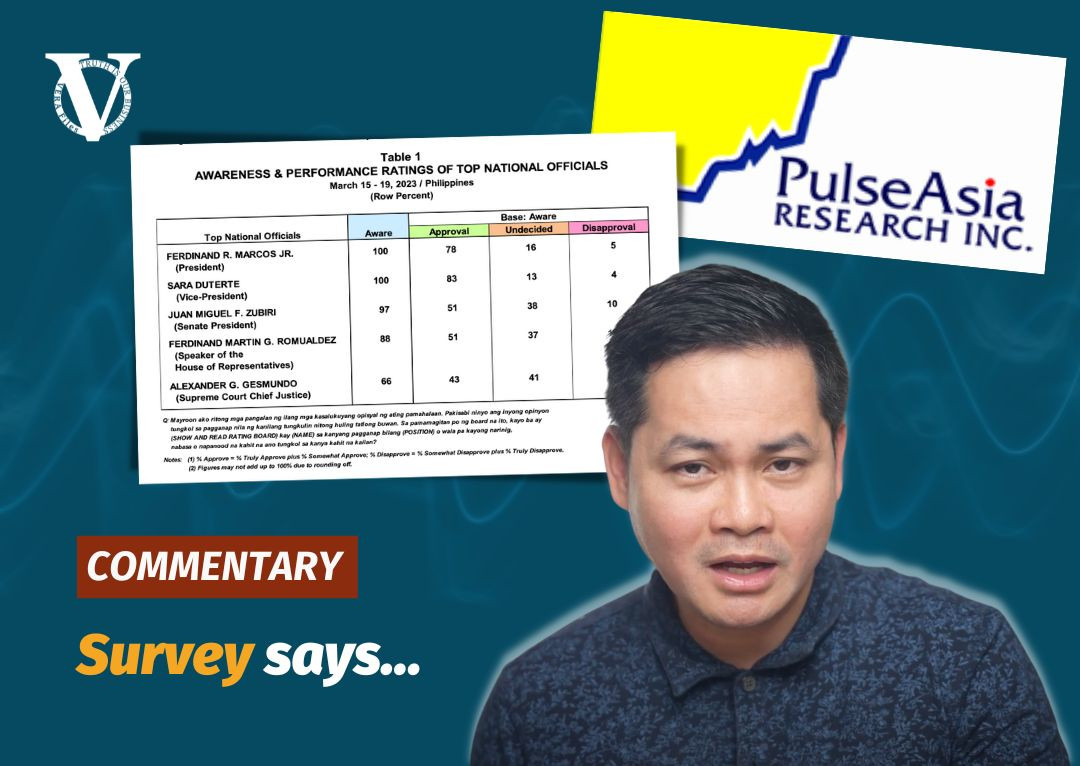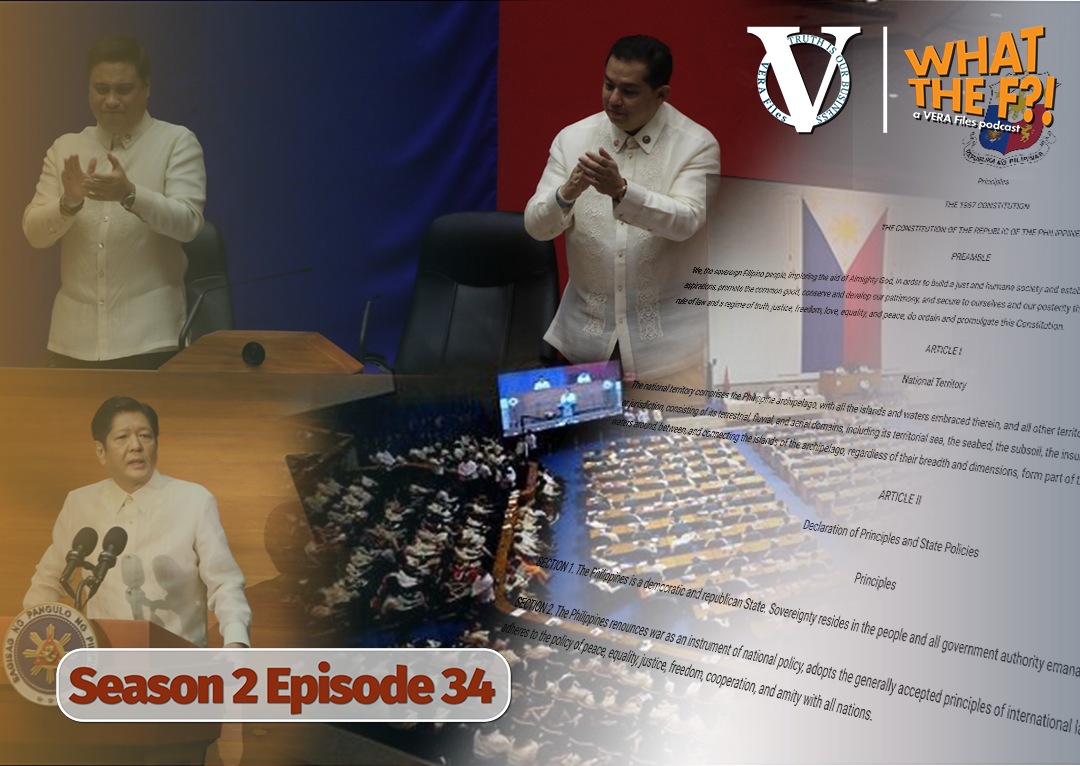Pulse Asia’s recent survey on “fake news,” which showed that the majority of Filipinos are confident in their ability to tell whether a political news is true or not, indicates their naivety about the tangled web that is social media.
In its nationwide survey conducted from Sept. 17 to 21 using face-to-face interviews of 1,200 sample representatives of the population, Pulse Asia asked, “How confident are you in the ability of Filipinos to detect whether news about government and politics they have heard, read, or watched is truthful or false?”
Fifty-five percent said “confident.” Of the 55%, 8% said they were “very confident” while 47% said “somewhat confident.” Thirty-seven percent were unsure.
This high degree of confidence in the Filipinos’ ability to determine the truthfulness or falsity of political news reminds us of a 2018 study by a market research firm Ipsos MORI which showed that Filipinos was third among 38 countries surveyed with the “least accurate perception” of their nation’s issues. South Africa and Brazil beat the Philippines to that ignominious list.
Yet, the same study said, “Despite being among the least accurate, respondents in India, the Philippines and Peru are among the most confident in their answers.”
The Pulse Asia survey revealed that almost nine out of every 10 adult Filipinos (86%) believe “fake news” is a problem in the Philippines.
According to Ronald Holmes, Pulse Asia president, the term “fake news,” as used in the survey, means “balitang walang katotohanan.” False news.
In the fact- checking community, which VERA Files is part of, we discourage the use of the term “fake news” because it’s an oxymoron, a contradiction in terms. An attribute of news is truthfulness. To describe it as “fake” doesn’t make sense and denigrates the value of news.
Also, “fake news” has become a catch-all phrase for anything that one dislikes, whether it’s true or not.
Instead, we use “misinformation” and “disinformation.” “Misinformation” refers to false or misleading information spread through several platforms without an intent to deceive. “Disinformation” is information deliberately created and shared to deceive.
A good example of misinformation is the announcement of Senate President Migz Zubiri during the Oct. 11 joint hearing of the Senate committees on ways and means and public order and dangerous drugs that Chinese Ambassador Huang Xilian said, “The Philippines now is part of a blacklist of tourist sites because they do not know if the tourists going there will be operating or will be joining POGO operations.”
The Chinese Embassy immediately denied Zubiri’s announcement, correctly describing it as “misinformation,” to which the senator disagreed and insisted that the ambassador mentioned the word “blacklist” several times.
Zubiri’s claim was not supported by Sen. Sherwin Gatchalian, who was also in that meeting with the Chinese ambassador. He said Huang only mentioned the “possibility” that China would “restrict” its citizens from coming to the Philippines.
Zubiri did not directly admit his mistake but his later statement corrected his false announcement. He said, “Maybe it was lost in translation and what the good ambassador meant was we could be possibly blacklisted as he mentioned they do that to countries who promote gambling to their countrymen.”
That’s misinformation. It was a false announcement that stemmed from his misunderstanding of the envoy’s statement. There was no intention to deceive.
Zubiri’s misinformation can also be an example of another public perception revealed in the Pulse Asia survey which says, a sizable number of the respondents (67%) point to politicians – national,37% and local, 30% – as peddlers of false information or “fake news” about government and politics.
The politicians are followed by social media influencers, bloggers and/or vloggers (58%).
Reflecting the decline of the people’s trust in media, journalists were also mentioned as peddlers of fake news (40%).
That hurts!
The views in this column are those of the author and do not necessarily reflect the views of VERA Files.

